US Republican senators back Trump sanctions on Iran, champion failed ‘maximum pressure’ policy
Oblivious to the failure of the so-called maximum pressure policy that the Donald Trump administration pursued against Tehran, three US senators have introduced new legislation that calls for the preservation of sanctions against Iran while championing the so-called maximum pressure policy.
The bill, called the Iran Sanctions Preservation Act, was introduced by Republican Senators James Lankford, John Cornyn and Tim Scott, with former Secretary of State Mike Pompeo also expressing his support for the measure.
The legislation requires that the US retain current sanctions targeting Iran’s oil industry, financial sector, and individuals it accused of supporting terrorism until Iran suspends its nuclear program and end what they claimed to be Tehran's “support for terrorism.”
It comes while the Joe Biden administration is making attempts to re-enter the Joint Comprehensive Plan of Action (JCPOA) – a nuclear agreement former US President Trump abandoned in 2018 in favor of a maximum pressure campaign that included severe sanctions and reckless military provocations.
Multilateral negotiations began in Vienna early last month to bring the US back into compliance with the JCPOA. So far, the talks have not led to a tangible outcome, but Tehran says the US has already agreed to remove the main sanctions targeting Iran’s oil industry and financial sector.
The bill, at the same time, expressed support for the people of Iran, who have been the greatest victims of the United States’ maximum pressure policy.
“Congress must act to preserve the ‘maximum pressure’ approach and prevent the Biden Administration’s strategy of appeasement,” said Lankford.
Cornyn said that by ensuring the continuation of sanctions against Iran, the legislation would address "both Iran’s nuclear threat and its support for terrorism, unlike the Iran nuclear deal.”
Scott also opposed the Biden administration’s attempts to rejoin the JCPOA and remove the sanctions, but said that the Iranian people and the people of the world deserve better.
“I’m proud to support the legislation Senator Lankford and his colleagues are introducing to ensure we stick to the US sanctions on Iran and never allow Iran to obtain a nuclear weapon and stop its terrorist activities,” Pompeo claimed.
Following Trump’s pullout from the JCPOA, Pompeo set out 12 tough demands for Iran as requirements for a new deal. In response, Tehran neither acknowledged the demands nor agreed to the Trump administration’s desperate calls for negotiating a “new, better deal,” leading many to conclude that the maximum pressure campaign has been a total failure.
Senate Republicans pose more obstacles
Meanwhile, another measure being pursued in the US Senate would require that the Biden administration attain congressional approval before reaching an agreement with Iran on the restoration of the JCPOA.
According to the Washington Free Beacon, the new amendment, while unclear to what bill it will be attached, was spearheaded by Republican Senator Ron Johnson and cosponsored by Republican Senators James Risch, Ted Cruz, Marco Rubio and John Barrasso.
“Our adversaries understand the Biden administration will chart the same weak and disastrous course as [former] President [Barack] Obama,” Johnson said in a statement.
He added that it is critical to the “security of America and to world peace that any deal Biden negotiates with Iran be deemed a treaty requiring ratification by the US Senate.”
The amendment would also prevent the Biden administration from unilaterally removing the tough economic sanctions on Iran.
For its part, Tehran has also criticized the Biden administration for failing to remove all the sanctions imposed after the JCPOA went into effect, arguing that the Biden administration, which is into its fifth month in office, is exploiting the Trump-era sanctions as “leverage” in the Vienna talks.
Iranian Foreign Minister Mohammad Javad Zarif said on Monday that removing Trump’s sanctions is a “legal and moral obligation,” urging the Biden administration to drop the sanctions at once.
JCPOA supporters regret ‘loss of leverage’
On the other side of the political spectrum in the US, arguments in favor of rejoining the JCPOA revolve around the idea of “loss of leverage” over Tehran during the Trump administration, instead of laying out undisputed facts such as Iran’s strict compliance with the JCPOA before the US withdrawal; the Islamic Republic’s principled policy of not developing, maintaining and using atomic bombs and other weapons of mass destruction; or the “legal and moral obligation” of the new administration to end the illegal sanctions that have severely hurt the Iranian people.
“Only by returning to compliance with the Iran nuclear deal can the Biden administration restore US leverage over Iran and secure critical US interests,” read a Friday article published by Newsweek.
The article, written by Tyler Cullis, argued that a US return to the JCPOA would reinvigorate the lost leverage by capping Iran’s nuclear program, avoiding the diminishing impact of sanctions, and focusing on other aspects of Iran’s activities that the US opposes.
“Too often in Washington, leverage is mistaken for power,” it said. “There is no doubt that the United States has the power to impose sanctions that effectively institute an international boycott on Iran's economy. But the era of ‘maximum pressure’ evidences the fact that power does not always translate into leverage, and that too bold a display can lead to exhaustion and futility.”
“The Biden administration intends to return to the JCPOA and—in doing so—can better tailor the use of American power to maximize leverage with Iran,” the article added.
UNRWA unraveled amid Israel's allegations, reduced intl. support
Palestinian journalist, a Sobh Media Festival awardee, killed in Gaza hours before truce
Jan. 15: ‘Axis of Resistance’ operations against Israeli occupation
VIDEO | US fires: Criticism mounts over govt. failure to respond
VIDEO | Fears, hope in Gaza amid intensified ceasefire efforts
VIDEO | Press TV's news headlines
Hamas: Ceasefire agreement result of steadfastness, resistance in Gaza over 15 months
Hamas thanks Iran, Resistance Front following achievement of ceasefire in Gaza


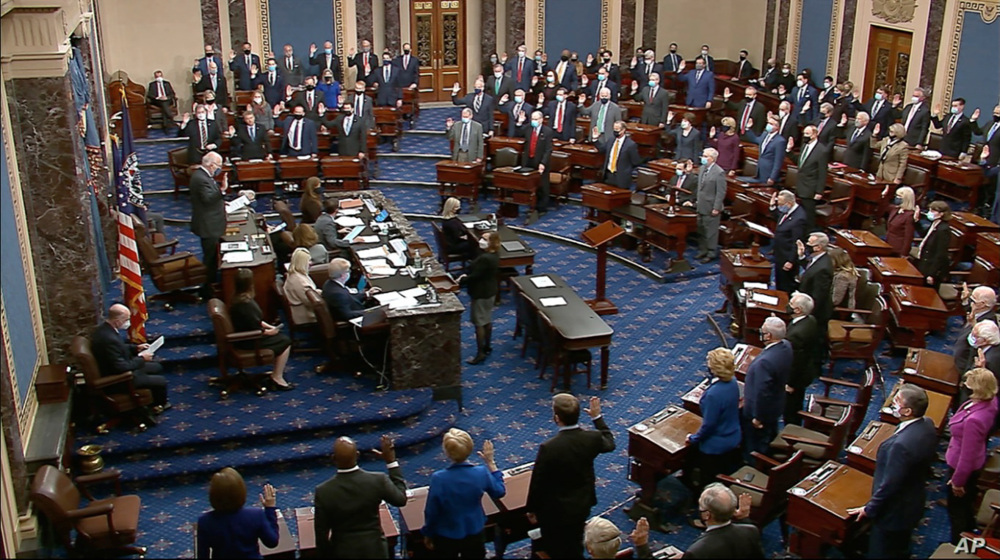








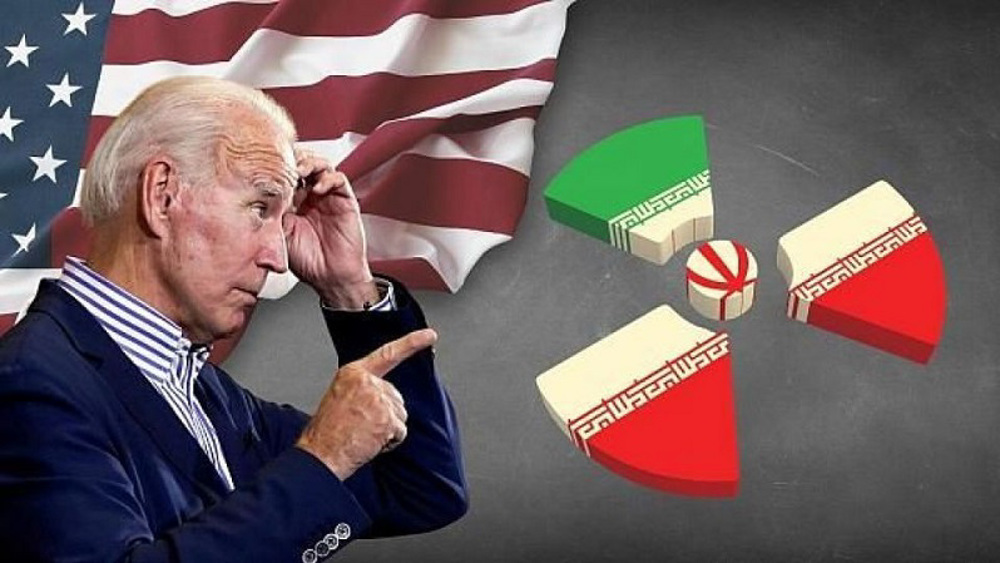
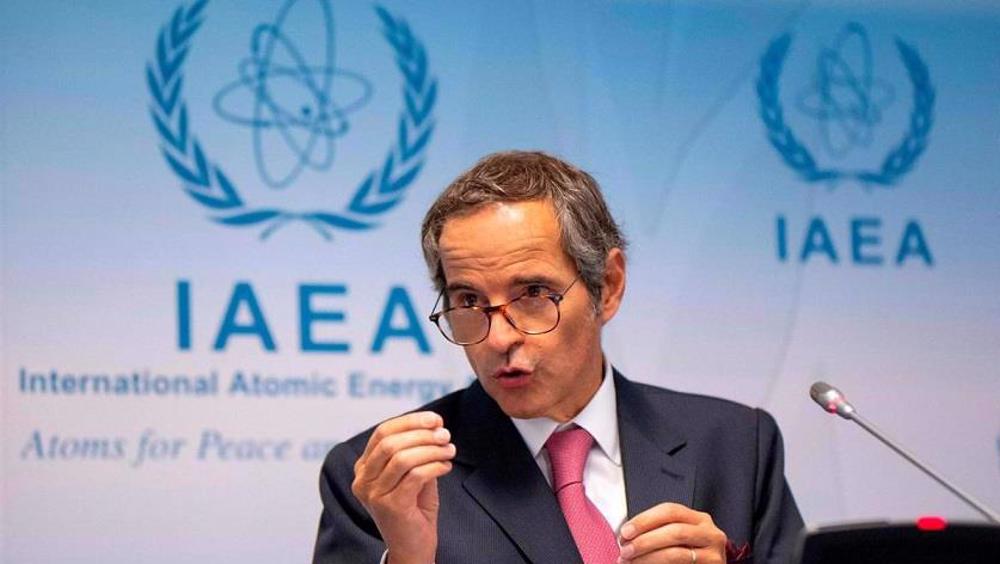
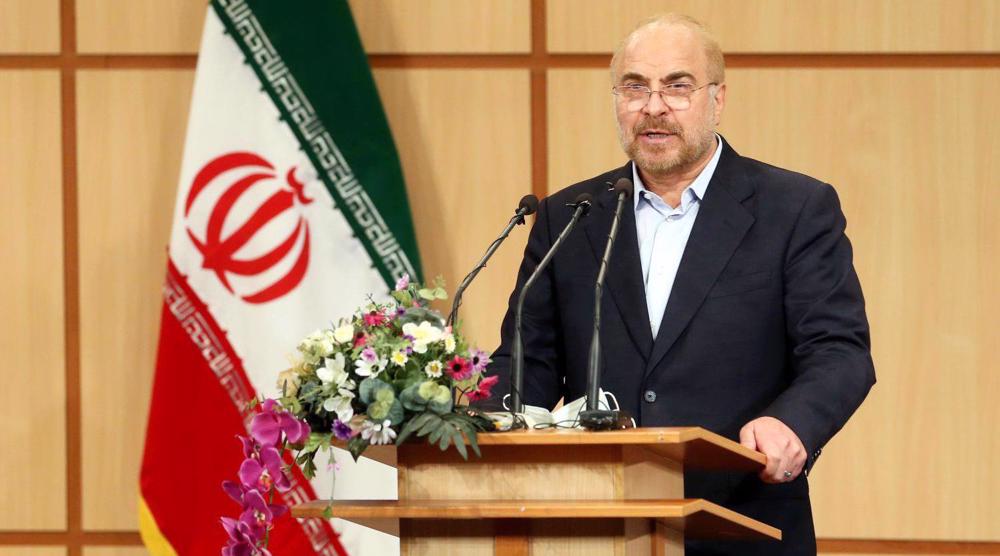
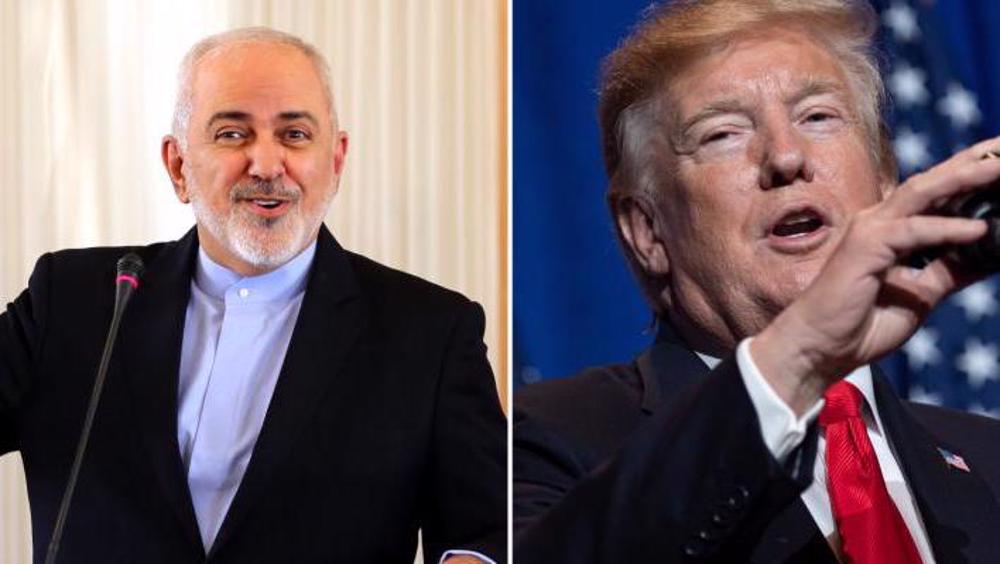


 This makes it easy to access the Press TV website
This makes it easy to access the Press TV website